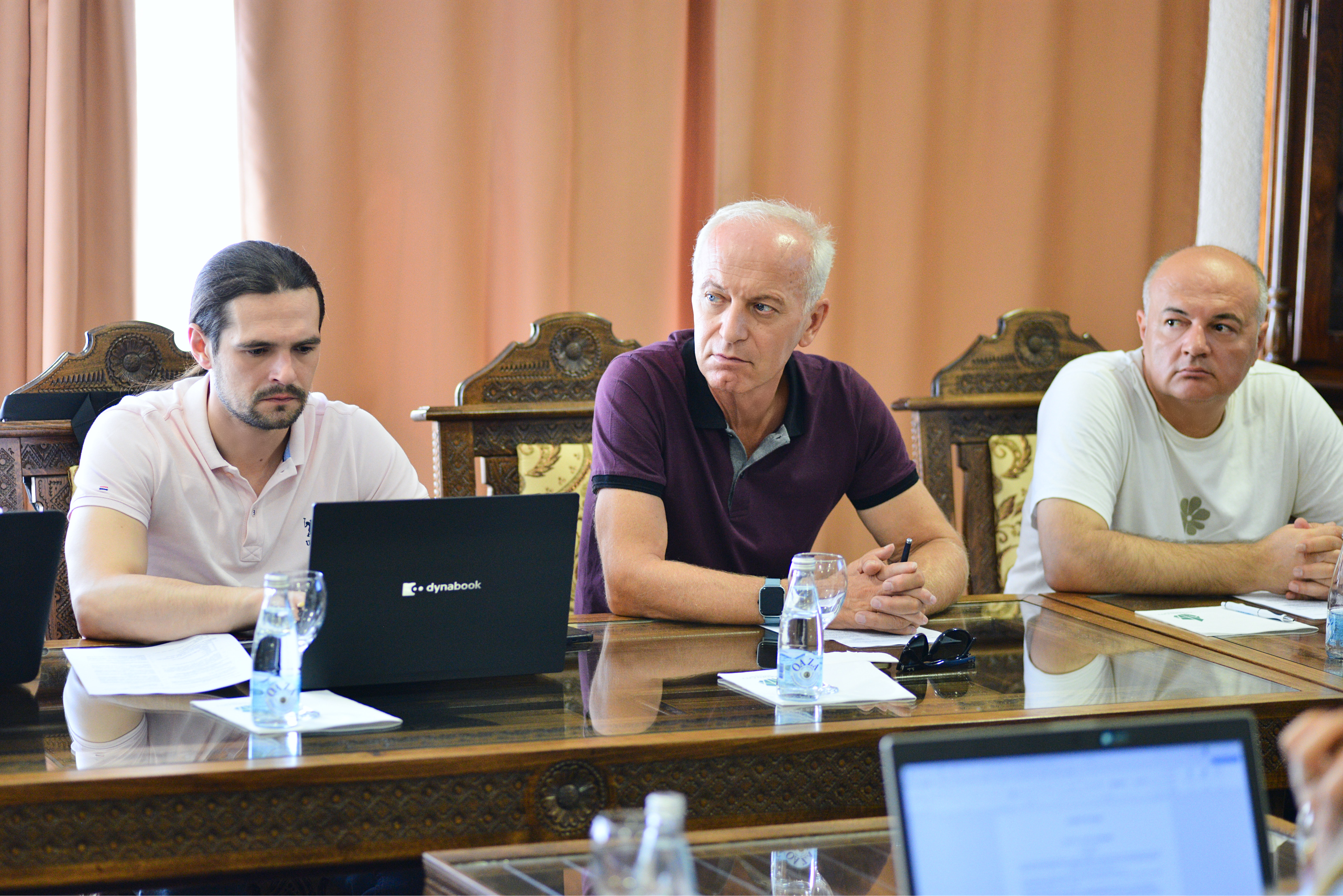News
04 September 2024 |News
ILO: Working group begins deliberations on new labour code for entity Federation of Bosnia and Herzegovina, BiH

ILO: Ernis Imamović, Assistant Minister, Federal Ministry of Labour and Social Policy (Photo: ILO)

ILO: Social partners participate in the inter-ministerial Labour Law Reform, FBiH

ILO: Labour Law Reform, Federation of Bosnia and Herzegovina, BiH (Photo: ILO)
The International Labour Organization (ILO), through the European Union-funded project Employment and Social Affairs 3 project, is actively supporting the entity Federation of Bosnia and Herzegovina's efforts to align its labour law with EU and International Labour Standards.
Konjic, BiH, September 4, 2024 - The working group tasked with drafting the new labor code for the Federation of Bosnia and Herzegovina convened to discuss the pre-draft of the proposed legislation. The group, which includes representatives from the Federal Ministry of Labor and Social Policy (FMLSP), Federal Administration for Inspection Affairs, Tax Administration at federal and cantonal levels, trade unions and employers' organization focused on incorporating key European Union (EU) directives into the federate's labor laws.
FMLSP representatives emphasized the importance of adopting a labor code that aligns with EU regulations. During today's session, the working group delved into possible normative solutions for the first three chapters of the draft labor code. Key discussions centered on defining the terms "employee" or "worker" and "employer," as well as the process of concluding and formalizing labor contracts. The group aims to ensure that these definitions and procedures are clear, legally sound, and reflective of contemporary labor practices.
As the workshop progresses, the working group will continue to refine the draft, incorporating feedback from various stakeholders. The outcome is expected to lay the groundwork for a modernized labor code that protects workers' rights while providing a clear legal framework for employers.





